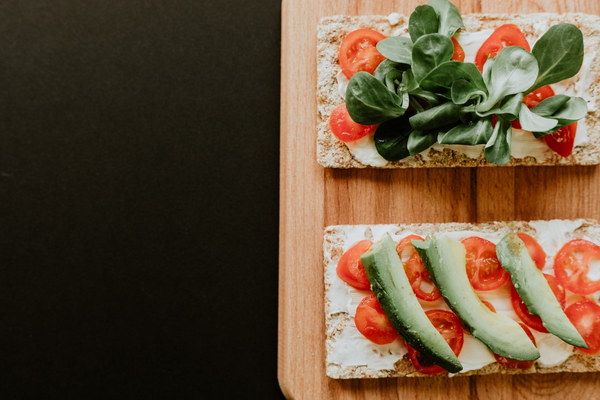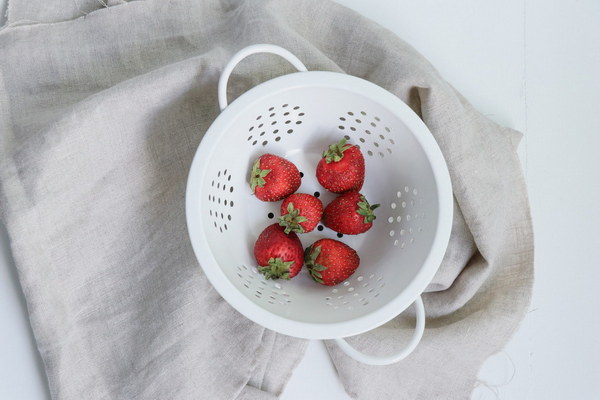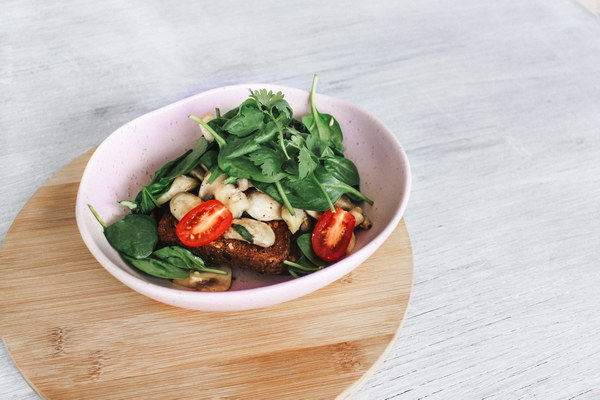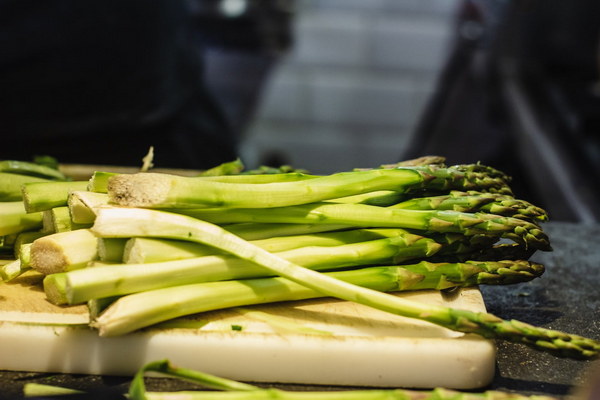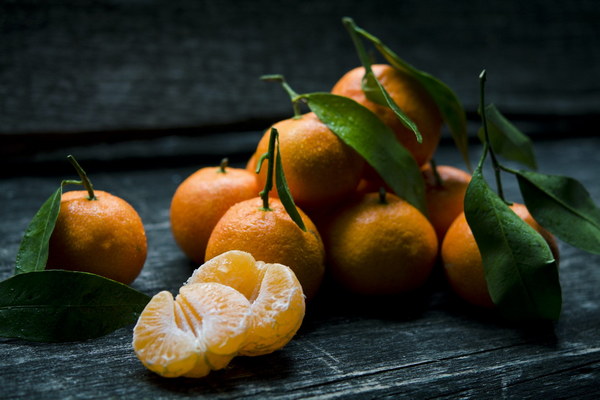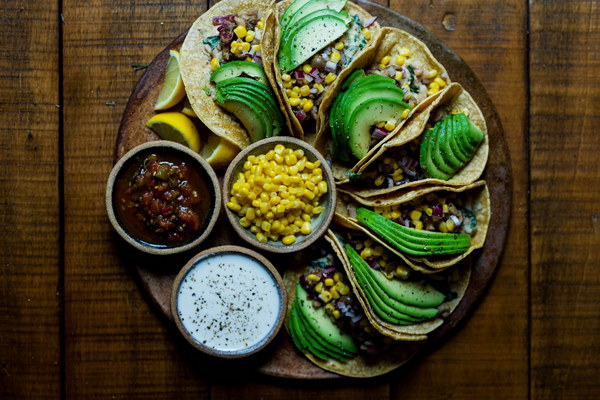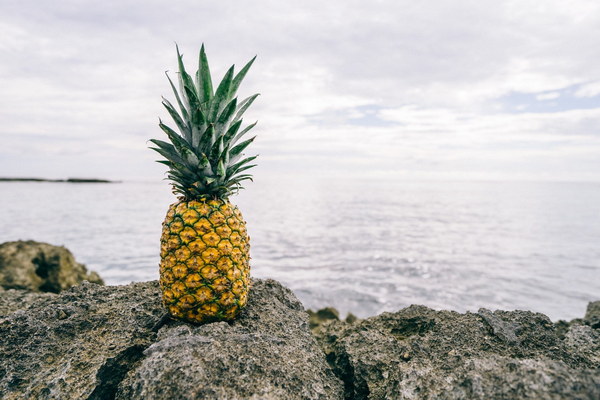Does Protein Powder Really Work for Beauty and Anti-Aging
In recent years, protein powder has become a popular supplement among fitness enthusiasts and those looking to enhance their health and appearance. But can this popular supplement also work wonders for beauty and anti-aging? Let's delve into the science behind protein powder and its potential effects on skin health.
The Basics of Protein Powder
Protein powder is a concentrated source of protein, typically derived from milk, soy, eggs, or plants. It is often used to aid muscle growth, improve athletic performance, and support weight loss. But what about its benefits for skin and overall beauty?
1. Collagen Production
One of the main reasons why protein is often associated with beauty and anti-aging is its role in collagen production. Collagen is a protein that provides structure to the skin, keeping it firm, supple, and youthful-looking. As we age, our body's natural collagen production decreases, leading to wrinkles and sagging skin.
Protein, particularly in the form of amino acids, is the building block for collagen. Consuming protein powder can help ensure that your body has an adequate supply of amino acids to produce new collagen, potentially reducing the signs of aging.
2. Anti-Inflammatory Properties
Inflammation is a key factor in the aging process, as it can damage cells and accelerate aging. Some protein sources, such as whey and casein, contain anti-inflammatory properties that may help combat inflammation in the body and protect against aging-related damage.
3. Skin Health
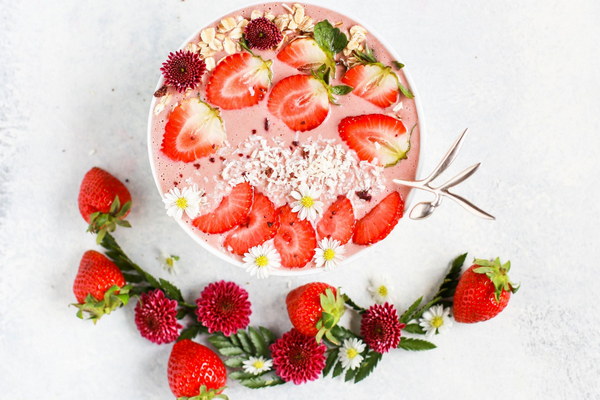
Protein powder can also contribute to overall skin health. Amino acids like arginine and lysine, which are found in protein, are essential for skin repair and maintenance. They help in the synthesis of elastin and keratin, which are proteins that give skin its strength and elasticity.
4. Hydration
Protein powder can aid in maintaining skin hydration. Hydration is crucial for healthy skin, as it helps to keep skin plump and prevent dryness. Some protein powders contain ingredients like hyaluronic acid, which is known for its hydrating properties.
5. Nutrient Intake
Protein powders can be a convenient way to increase your nutrient intake, which is essential for healthy skin. Many protein powders are fortified with vitamins and minerals, such as vitamin C, vitamin E, and zinc, which are known for their skin-boosting benefits.
The Downside
While protein powder has potential benefits for beauty and anti-aging, it is important to note that it is not a magic solution. Here are some considerations:
- Quality of Protein: The quality of the protein source in the protein powder is crucial. Some protein powders are derived from whole food sources and may offer additional health benefits, while others are processed and may lack the full spectrum of nutrients.
- Dietary Balance: Protein powder should not replace a balanced diet. A varied diet rich in fruits, vegetables, whole grains, and healthy fats is essential for optimal skin health.
- Overconsumption: Excessive protein intake can lead to kidney strain, especially in those with pre-existing kidney conditions. It's important to consume protein in moderation and according to individual needs.
- Allergies: Some individuals may have allergies to certain protein sources, such as milk, eggs, or soy, which should be taken into account when choosing a protein powder.
In conclusion, while protein powder can play a supportive role in maintaining beauty and combating the signs of aging, it should be used as part of a holistic approach to skincare and health. A balanced diet, regular exercise, and proper skincare routine are also essential for achieving and maintaining youthful, healthy skin.
